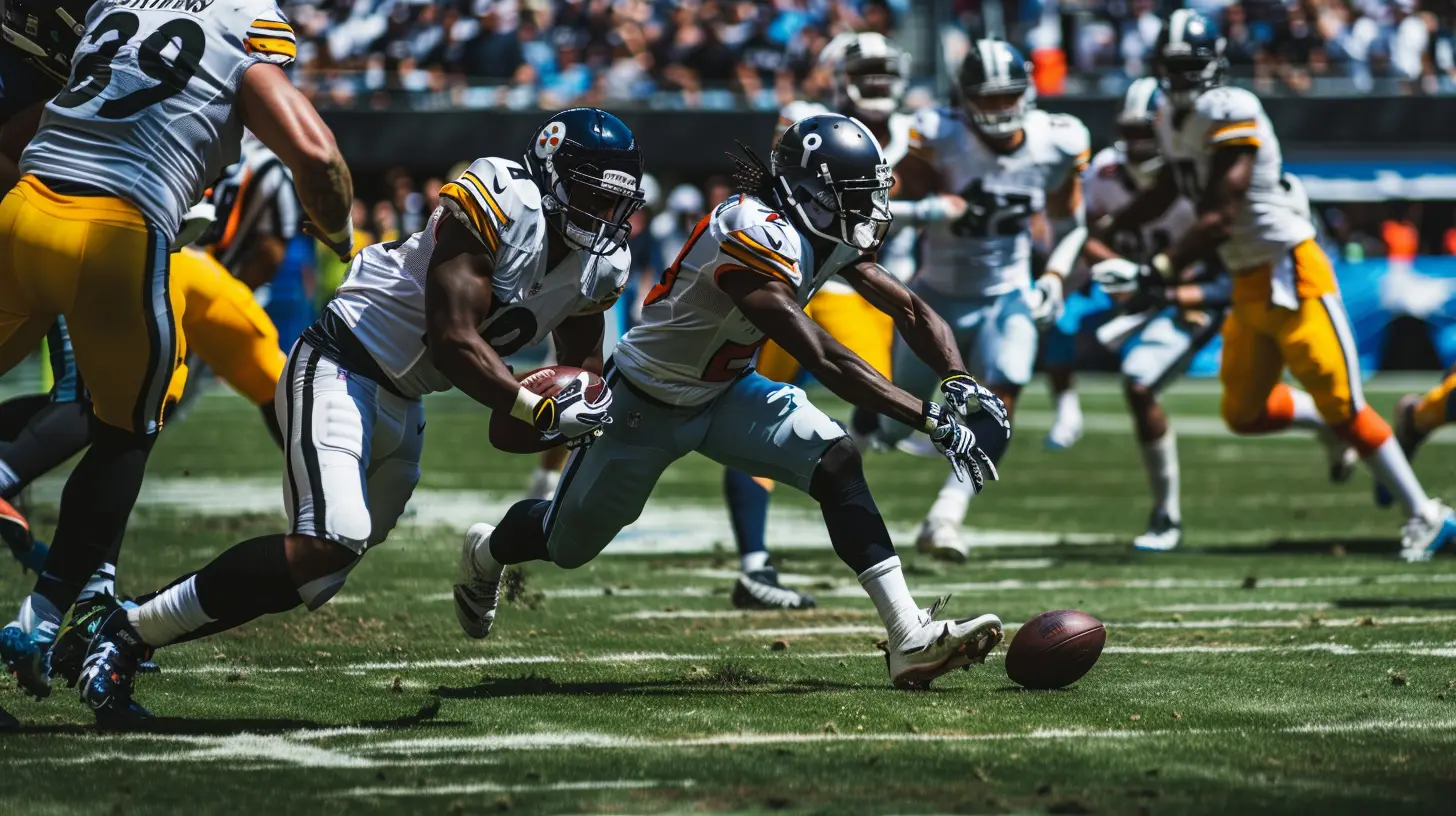The Influence of Fan Feedback on Recent Sports Rule Changes
19 September 2025
When you think of the driving forces behind sports rule changes, your first thoughts might land on players, coaches, or maybe even player safety. But what if I told you that you, the fan, play a major role in shaping the modern game?
That’s right. Over the past decade, fan feedback has gone from a background hum to a powerful voice that's influencing rulebooks across various sports. Whether it's through social media, petitions, surveys, or even booing in stadiums, the fanbase is no longer just watching the game — it’s helping shape how the game is played.
So, let’s dive in and unpack how your opinions, frustrations, cheers, and tweets are rewriting the playbook.
How Fan Feedback Became a Game Changer
Let’s start with the "why." Why are sports leagues suddenly paying more attention to fans?It boils down to this simple truth: sports are nothing without their fans.
TV ratings, ticket sales, merch, social media engagement — all of this depends on how fans perceive the game. If fans start tuning out because they’re bored, confused, or frustrated with how things are playing out on the field or court, leagues start losing money. Naturally, they're going to listen when millions start voicing concerns.
Thanks to technology, fans now have more platforms than ever to be heard — Twitter threads, Reddit discussions, YouTube rants, and even direct suggestions to teams and leagues. Fan power has gone digital and leagues are finally recognizing the goldmine of real-time feedback.
Real-Life Sports Rule Changes Sparked by Fan Feedback
Let’s bring this to life with some real examples. Here’s how fans across sports have literally helped flip the script.1. NFL Overtime Rule Changes
Remember the 2022 AFC Championship Game? A thrilling matchup — but fans were left fuming when the game ended without both teams getting a chance to possess the ball in overtime.The reaction was fast and fierce. Social media blew up. Memes, tweets, expert takes — everyone was weighing in. The result? The NFL changed its postseason overtime rule to ensure both teams get the ball. That’s a classic case of fan passion driving change.
2. MLB’s Pitch Clock and Pace-of-Play Adjustments
Baseball purists might cringe, but let’s face it — games were getting loooong. Fans started expressing their boredom, especially younger generations who are used to fast-paced digital content.The MLB took notice. After years of complaints, the 2023 season introduced a pitch clock to speed up the game. Guess what? It worked. Game times dropped significantly, and fans loved it. More action, less dead time — all thanks to consistent fan feedback.
3. The NBA’s Crackdown on Flopping and “Hack-a-Shaq”
Basketball fans had had enough of players flopping like fish out of water. Every dramatic fall and fake foul sparked outrage online. The NBA saw the writing on the wall — fans were fed up with the theatrics.So they changed the rules. Now, repeated flops can be penalized, and there are clearer guidelines to discourage manipulation of fouls. That’s fans shaping the game’s integrity in real-time.
4. VAR Improvements in Soccer (Football)
Video Assistant Referee (VAR) was meant to fix errors, but initially, it only created new problems — slow reviews, confusing calls, and inconsistent applications.Fans all over the globe voiced their frustration loudly — chants in stadiums, online petitions, and more. As a response, FIFA and other football federations have worked to streamline VAR — quicker decisions, better communication, and more transparency.
No change is ever perfect, but the system is certainly improving, and fans are driving that momentum.
Social Media: The New Town Square of Fan Influence
Remember when you had to write a letter to your favorite team or hope your post got picked up in a sports magazine? Yeah, those days are long gone.Now, fans can tweet directly at commissioners. They can start hashtags like #FixTheRefs or #LetThemPlay and have them trending worldwide in hours.
Teams and leagues monitor Reddit threads, TikTok reactions, and YouTube post-game breakdowns. Some even hire people specifically to analyze fan sentiment online. That’s how much weight your voice carries now.
Think of social media as the new town square — a loud, messy, passionate town square where real change starts with a hashtag.
The Power of Trends and Data
Ever wonder why your opinion even matters in the sea of millions?Because it's not just your voice — it’s part of a pattern.
When thousands or millions of fans are all saying the same thing, data analysts and decision-makers start paying attention. Ticket sales dip? Engagement drops? Broadcast numbers slump after controversial calls? That’s when leagues know it's time to act.
Fan data drives business decisions, and rule changes are now part of that business strategy.
Are These Changes Always for the Better?
Great question. Not all changes are universally loved. Some rule updates might alienate traditional fans or spark fresh controversies.Think about the MLB pitch clock again. While many love the faster pace, die-hard traditionalists argue it's tampering with the soul of the game. Same goes for changes in football tackling rules — safer? Yes. But it changes the dynamics for defensive players.
Balance is key. Leagues must walk a fine line between modernizing the game and preserving its roots. But even in this balancing act, fan feedback plays a pivotal role. It’s the compass guiding these decisions.
The Future: A Fan-Driven Rulebook?
Is it possible that someday fans will vote on rule changes? Maybe not officially, but we’re getting closer.Already, All-Star formats in the NBA and Pro Bowl setups in the NFL have been heavily influenced by fan preferences. Leagues test changes in lower-tier events and gather fan feedback before locking anything in.
We could very well see more interactive platforms where fans can submit suggestions or vote on experimental rule changes in preseason games.
It’s not a fantasy — just look at how esports engage their communities. Traditional sports are starting to borrow that playbook. The future of sports? Interactive. Fan-powered. Personalized.
Empowering the Fan: Your Voice Matters
Here’s the big takeaway — your voice matters more than ever before.When you shout at your TV, post that stats breakdown on Twitter, or bring up rule changes in a podcast, you're adding to a much bigger conversation. One that leagues are now actively listening to.
So keep speaking up. Keep asking for fairer officiating, more transparency, and faster, more engaging gameplay. You’re not annoying — you’re part of the evolution of sports.
Keep It Real, Stay Engaged
Let’s be real — some changes will flop. Others will redefine the game. But here’s what matters: the days of fans being silent spectators are over.You’re not just watching history unfold. You’re helping write it.
So next time you see a rule that bugs you? Speak up. One tweet might not do it, but a million voices united? That’s how legacies are changed.
Final Thoughts
Fan feedback isn't just background noise anymore — it’s one of the loudest, most influential voices in sports today. And that influence will only grow stronger as technology continues to connect the sports world in real-time.So whether you're a die-hard traditionalist or a casual weekend viewer, your opinion shapes the future. And that’s something to cheer about.
all images in this post were generated using AI tools
Category:
New RulesAuthor:

Preston Wilkins
Discussion
rate this article
1 comments
Wren Daniels
This article astutely highlights the growing impact of fan feedback on sports rule changes, reflecting a shift towards more democratic governance in athletics. However, it raises questions about the potential for populism to overshadow expert insights, risking the integrity of the game for fleeting popular approval. Balance is essential.
September 24, 2025 at 10:39 AM

Preston Wilkins
Thank you for your insightful comment! I agree that while fan feedback is vital, maintaining a balance between popular opinion and expert advice is crucial to preserve the integrity of sports.


